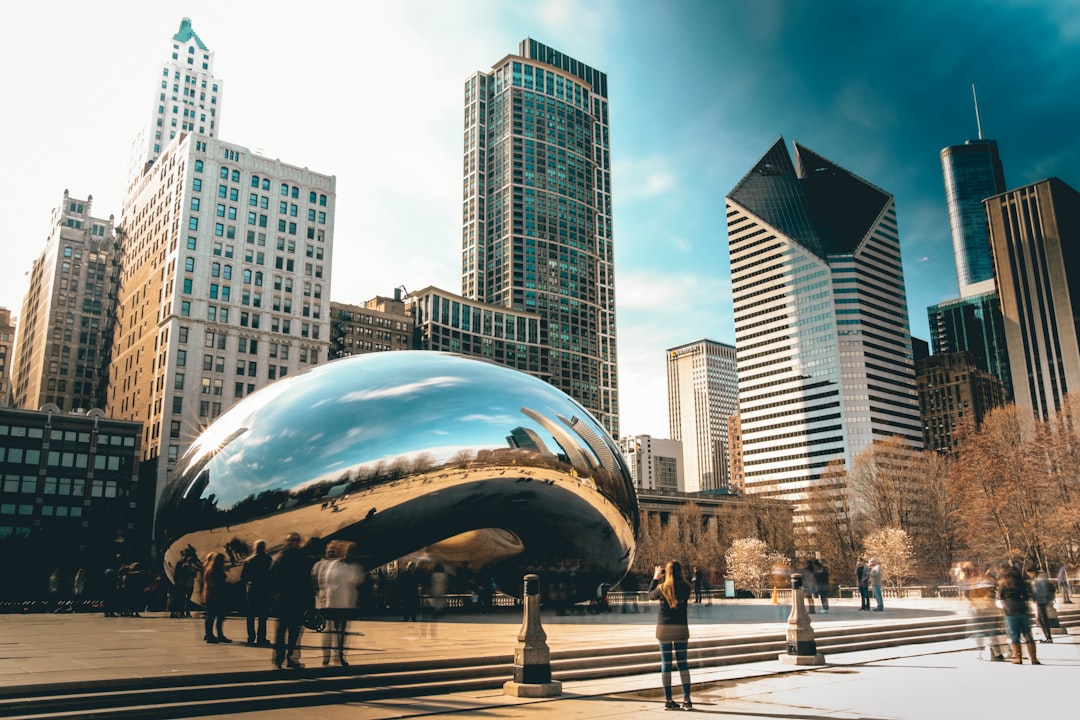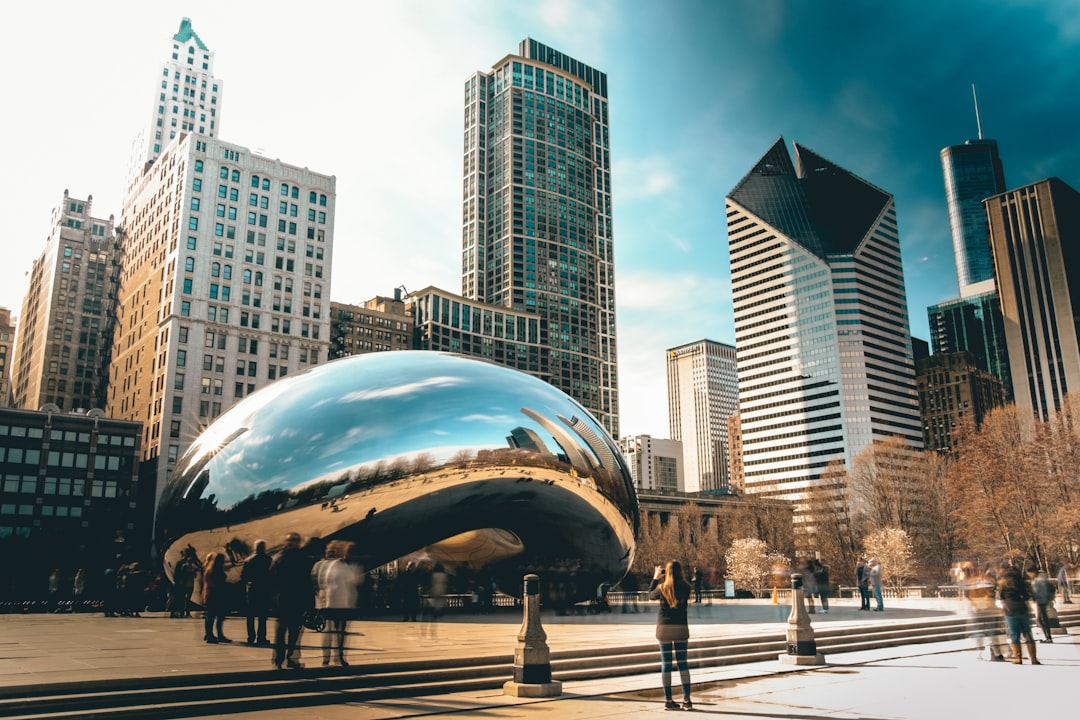In Chicago, especially in Greek Town, text message marketing is heavily regulated by laws like the Can-Spam Act and Illinois-specific legislation to prevent spam and protect consumer privacy. Restaurants must follow these rules when using texts for promotions or reservations, facing penalties for non-compliance. Engaging a Spam Text Lawyer Chicago or Spam Call Attorney Chicago is crucial for legal defense against spam complaints and local authority scrutiny. These professionals guide businesses in creating consent-based marketing strategies, ensuring compliance with spam text Chicago regulations to avoid fines and protect customer privacy.
“In the dynamic food scene of Greek Town, Chicago, restaurants are exploring innovative marketing strategies, including text message (SMS) campaigns to engage customers. However, navigating the complex landscape of spam text and call laws is crucial for business survival. This article delves into the legal intricacies affecting Greek Town eateries, offering insights on what constitutes spam in Illinois, the role of a Spam Text Lawyer Chicago, and practical guidance from Spam Call Law Firms Chicago to ensure compliance without compromising marketing efforts.”
Understanding Text Message Marketing Laws in Chicago

In Chicago, as in many places across the nation, text message marketing is subject to strict regulations aimed at preventing spam and ensuring consumer privacy. The Can-Spam Act and state-specific laws like those in Illinois govern how businesses can communicate with customers via text messages. Restaurants in Greek Town or anywhere in Chicago must adhere to these rules when using text messaging for promotions, reservations, or other forms of communication.
Businesses that fail to comply with these regulations risk facing penalties, including fines and legal action. A Spam Text Lawyer Chicago or Spam Text Attorney Chicago can provide guidance on navigating these laws, ensuring your restaurant’s text message marketing strategies are compliant. Engaging a Spam Call law firm Chicago or Spam call lawyers Chicago is crucial if you’ve received complaints about spam texts or face legal scrutiny from a Spam Text Chicago-based law enforcement agency or a prominent Spam call law firms Chicago.
What Constitutes Spam Text and Calls in Illinois?

In Illinois, including Greek Town and its vibrant restaurant scene, sending unsolicited text messages or making automated calls is regulated to protect consumers from spam. A spam text in Chicago is defined as any electronic message sent via mobile device that includes promotional content, advertisements, or sales offers, without prior consent from the recipient. This also applies to automated voice recordings, known as spam calls, which are illegal unless the caller has obtained explicit permission.
A spam text lawyer Chicago or spam call attorney Chicago can guide you on compliance with these laws. Restaurants in Greek Town must ensure their marketing efforts adhere to the spam text Chicago and spam call law firms Chicago regulations to avoid legal repercussions. Understanding what constitutes spam is crucial for businesses to protect themselves from potential lawsuits, as well as maintain customer trust and satisfaction.
The Role of a Spam Text Lawyer Chicago in Restaurant Industry

In the dynamic restaurant industry, especially in vibrant cities like Chicago known for its diverse culinary scene, a growing concern has emerged—spam text messages. As more businesses turn to mobile marketing, the line between effective promotion and intrusive spam can blur. This is where a Spam Text Lawyer Chicago steps in as a vital resource for restaurateurs. These legal experts specialize in navigating the complex web of spam call laws and ensuring that businesses comply with regulations while effectively connecting with their target audience.
A Spam Text Attorney Chicago helps restaurants avoid the pitfalls of unsolicited text messages, which can lead to hefty fines and damaged customer relations. They guide businesses on crafting consent-based marketing strategies, providing a framework for successful text campaigns that respect consumer privacy. By understanding the nuances of spam text Chicago laws, these lawyers empower restaurateurs to leverage text message marketing as a powerful tool, fostering better communication with customers without crossing legal boundaries.
Legal Implications for Greek Town Restaurants Using SMS Marketing

Using text message marketing in Greek Town restaurants comes with legal considerations that cannot be overlooked. The Do-Not-Call Registry and various state and federal laws, including those in Chicago, aim to protect consumers from unsolicited communications, including spam texts. Violating these regulations can result in hefty fines and damage to a restaurant’s reputation.
Greek Town restaurants looking to leverage SMS marketing must ensure they have explicit consent from customers and adhere to opt-out provisions. Engaging the services of a Spam Text Lawyer Chicago or a reputable Spam Call law firm Chicago is advisable to navigate these complex laws effectively. Such legal experts can guide restaurant owners on crafting compliant marketing campaigns, minimizing risks associated with spam texts, and ensuring customer privacy in Chicago.
Navigating Spam Call Law Firms Chicago: Options for Business Owners

Navigating the complex landscape of spam text and call laws can be a challenge for Greek Town restaurant owners. In Chicago, strict regulations are in place to protect consumers from unwanted marketing messages, including those sent via text. Businesses must exercise caution to avoid inadvertently breaking these rules, which can result in significant fines.
For guidance, restaurant owners can turn to reputable spam text lawyer Chicago or spam call lawyers Chicago. These legal professionals specialize in assisting businesses in understanding and complying with the spam text Chicago and spam call law firm Chicago guidelines. They offer tailored advice on crafting compliant marketing campaigns and representing interests in case of any disputes, ensuring that establishments can effectively promote their offerings without running afoul of the law.






